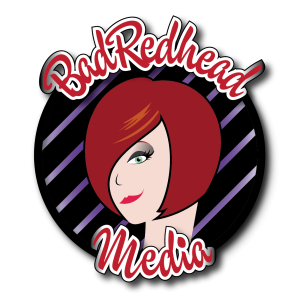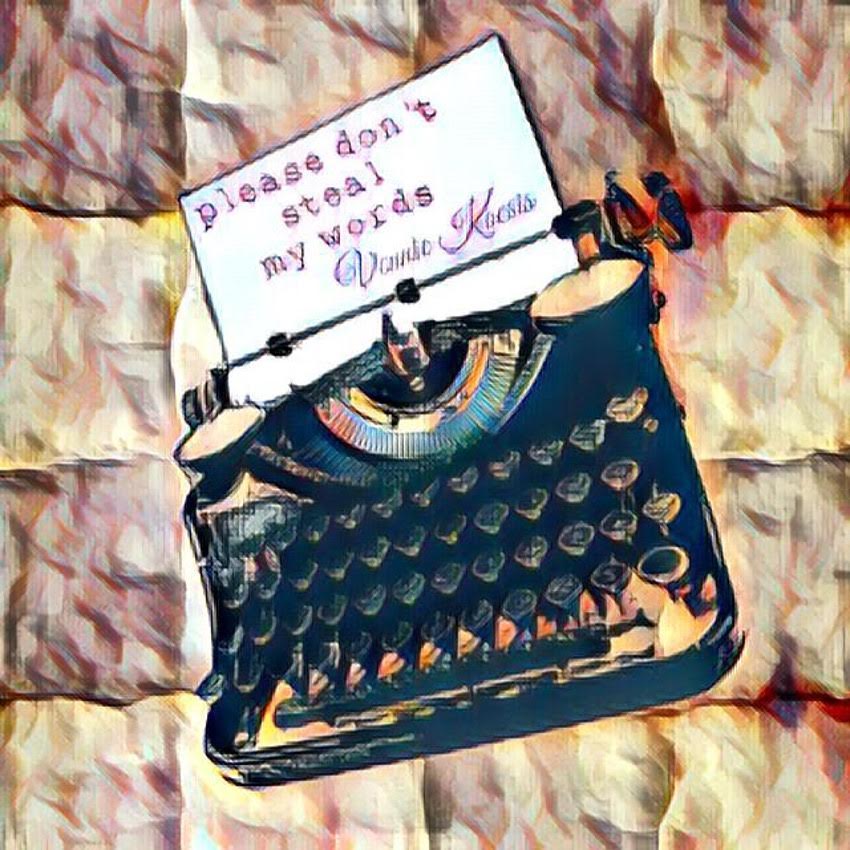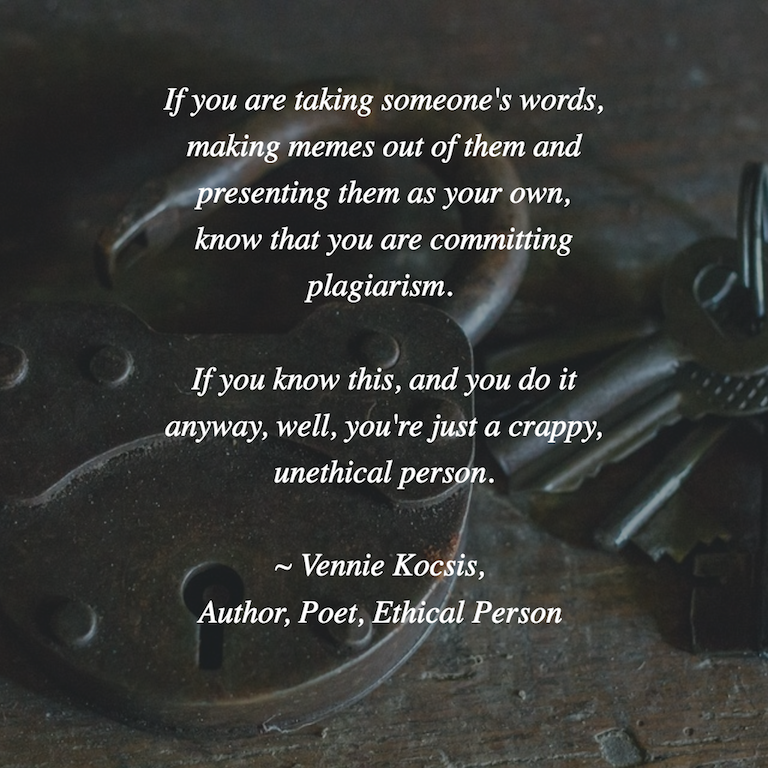This is the Reason Plagiarizing Others Is a Total Jerk Move by @VennieKocsis
guest post by Vennie Kocsis
“If you read it on the internet it must be true.” Abraham Lincoln (original quote author unknown)
When the internet first came out with blogging capabilities, many of us writers were using a blogging platform called LiveJournal. I still have mine, but the majority of the posts have been turned invisible.
We then morphed to MySpace and Blogspot, and then finally, most of us landed at our final destination: WordPress.
For those of us who have chosen the life of writing books and blogs, we seem to continuously encounter a major problem. Plagiarism. As an author, blogger, and poet, this is one thing that will piss me off and send me on a raging warpath.
What IS Plagiarism, Anyway?
Plagiarism is taking credit for someone else’s writing as if it is your own, which includes their words and ideas, without providing adequate credit.
The University of Cambridge defines plagiarism as: “submitting as one’s own work, irrespective of intent to deceive, that which derives in part or in its entirety from the work of others without due acknowledgment.”
Years ago, I received a message from a man asking me if a poem on my LiveJournal blog was mine. I replied that all writing on my blog was mine unless otherwise credited.
He proceeded to forward me an email from a girl he was dating. She had sent him an email containing my poem, with an endearment that said to him, “was thinking of you this morning, and this poem came to me.” He happened to find me through a random poetry search and was appalled and hurt, as he had found the poem beautiful and believed it was written specifically for him.
We confronted her together on the phone. She cried. She had excuses. I didn’t care. I felt no compassion. It was manipulative, unethical, and emotionally deceitful to steal my work and present it as hers. She lost her relationship, as well as her own social account, which, after investigation, was riddled with other people’s poetry passed off as her own.
This happened in the early 2000s. The online poetry and blog writing circle was quite small, so those of us whose writing and quotes had been plagiarized reported her until we got her account deleted.
If someone uses a fake account, thinking they’ll never be tracked, they are gravely mistaken. ISPs can also be banned from a social network. Those people will find themselves at the library catching free Wi-Fi trying to sign into their social networking after their home ISP and phone data have been banned from a social platform for repeated copyright and terms of service violations.
How To Know If You’ve Been Plagiarized
When an author/writer is watching their work (which I highly recommend), they can catch those who think it is okay to plagiarize them. I scour the net weekly, looking for those using my words and attempting to re-sell my books on unauthorized platforms for sometimes exorbitant prices.
Become internet savvy so you can track your work. There are tutorials online which will help you learn. Or, if you are not writing your own original thoughts, the same sites can help you check and see if what you are writing belongs to someone else, giving you the opportunity to credit/quote them. Always give attribution.
Writers, you can randomly enter your own phrases, tweets, and words, to see if they are being used elsewhere. It’s a service worth having.
Here is something I want you to bookmark now: 5 Simple Online Services for Checking Content Plagiarism
Copyright law is on the side of the creator
There are copyright laws that limit anyone who chooses to use someone else’s words. For example,
- you must limit the number of characters you copy to 300,
- you MUST add the writer’s name and/or published work as credit.
How would you feel if someone stole your words, stuck them on a meme, and passed them off as if THEY had that original thought? You wouldn’t feel good about it. So, why would you do it to someone else? Yet, it happens all the time.
Additionally, copyright law states that if you want to quote even one or two lines of someone else’s online writing, you MUST CREDIT THE SOURCE! If you don’t know, try to track it back using sources. If after exhausting that you cannot find the source, then you should credit it as “Author Unknown.”
Not only are there federal copyright laws, but there is also a Creative Commons Copyright which specifically covers a person’s internet content. To register with them as an online writing brand, make an account and choose which copyright you want to cover your work.
If you are taking someone’s words, making memes out of them and presenting them as your own, know that you are committing plagiarism. If you know this, and you do it anyway, well, you’re just a crappy, unethical person.
If You’ve Had Your Work Plagiarized, Here’s What To Do
To writers who have their words stolen and not credited, you can turn whoever is doing it into the platform they are doing it on. Screenshot the plagiarized work with the date; then screenshot when YOU posted it, with the date. Then turn in the screenshots and ask the Platform to have the post removed. Most social networks will do so for violation of device and close a person’s account or ban them if they continue the illegal behavior.
Facebook, Instagram, WordPress, Twitter, and most social, blogging and web-hosting platforms have strict codes of conduct in their terms of service, which address plagiarism. It would do you a great service to familiarize yourself with them.
Finally, if you are writing a blog or a book and want to quote someone else’s work, educate yourself so you do not get sued, your account shut down, or your book removed from its publisher, due to violating copyright laws.
In my book, Cult Child, I quote a piece from the book Watership Down . I took careful care in following the adherence to copyright law on publishing someone else’s work. I made sure I gave proper credit in my book. Taking the time to research and protect yourself can eliminate many headaches for you.
Don’t Become Known a “Plagiarizer”
Being known online as a plagiarizer is not a good reputation to have. Writers will out you, and readers will shun you. I will most definitely turn your account in if you steal my words without credit. I am a writer. I don’t take plagiarism lightly.
Being on the internet as a meme or a gif maker, a social networker or blogger, must include having clear ethics based on taking the time to know copyright laws, lest you find yourself banned from a social platform for plagiarism.
Finally, just don’t steal people’s words. If you can’t come up with an original thought, then credit the person whose quotes you choose to put on your memes and gifs, or in your writing.
Do not think that re-wording will cover you either. This can most often be easily proven as well. Just because you re-word “Do unto others as you would have them do unto you,” The Bible, into “Don’t do stuff to people you wouldn’t want them to do to you,” does not mean this is your original thought. At the very least, let it be known who inspired that thought in you.
Final Thoughts on Plagiarizing Others’ Work
In summary, be mindful of using other people’s words and work without credit. We writers and artists pour our hearts into our work. Respect us. We deserve it. Don’t be a person who steals. Be an ethical person who uplifts, shares, and heals.
Vennie Kocsis is a Pacific Northwest author, artist, and anti-child abuse advocate. Her book, “Cult Child” was an Amazon bestseller in 2016, which details her life growing up in an end-times cult during the ’70s and ’80s. Her publications and artwork can be explored through her website, VennieKocsis.com. You can also read more of her writing at VennieWrites.com.
For a more detailed plan on developing your book marketing, purchase Rachel’s new book, The BadRedhead Media 30-Day Book Marketing Challenge now on Amazon!
Already a 5-Star Reader’s Favorite!




Brilliant! This is the single most frustrating thing about posting your writing online. Now I’ll know how to address it.
Great article, Rachel. I’ve always thought plagiarists should have FAKE WRITER tattooed on their forehead as a warning to others. It’s happened to me too. Thanks for sharing those tools.
Great Article! Vennie is a strong, clear, and ethical communicator whose worldview is worthy of her own column. Read her work, all of it. You won’t be disappointed.